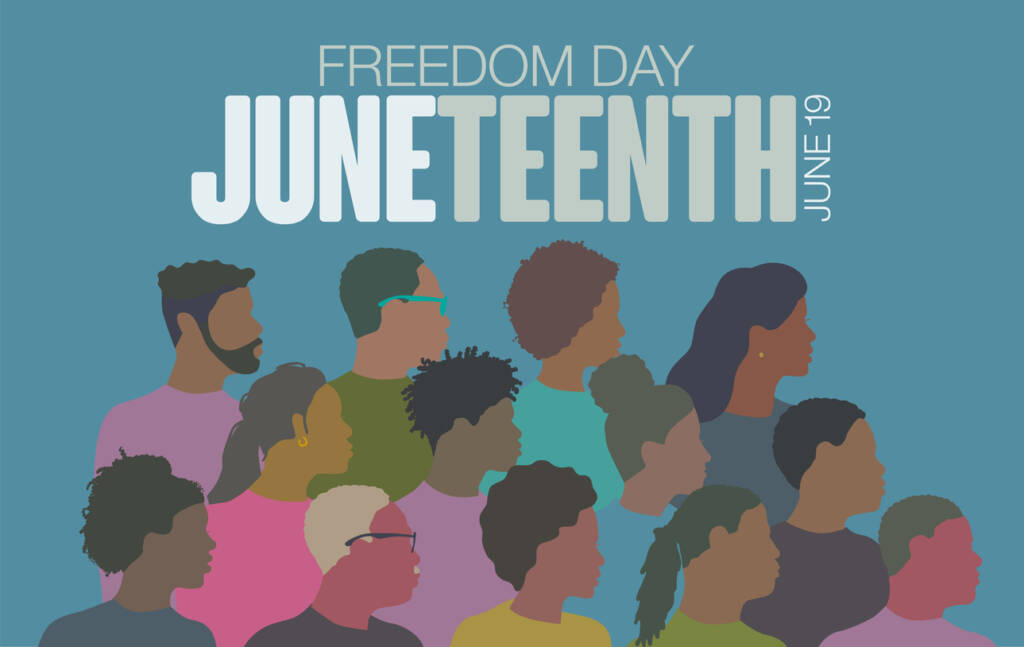Embedding the Values of Juneteenth into a Culture of Compliance
Most days of remembrance are fairly distant from the world of ethics and compliance. Some have historical significance or honor great people of history specifically. Some have a religious orientation, and we can connect the dots to religious discrimination or bias in the workplace. But not many days have the specific ability to link to ethics and the importance of aligning ethics and integrity like Juneteenth.
President Abraham Lincoln’s Emancipation Proclamation declared the immorality of slavery as of January 1, 1863, and the 13th Amendment to the Constitution codified the illegality of slavery two years later. Yet, regardless of the law and morality, there were still businesses in the United States that ignored both and slavery persisted.
The 13th Amendment established the illegality of slavery but did not stop it in practice. Some companies chose to ignore the law and relocated to other jurisdictions, where there was less or even no enforcement, principally Texas. Two months after Lee’s surrender at Appomattox, the Union army rode into Galveston, Texas to enforce emancipation once and for all. That day? June 19th, 1865.
Juneteenth, as a significant cultural event, can easily be incorporated into a company’s culture of compliance by promoting awareness, inclusivity, and respect for diversity. Organizations need to weave education and training, time off and recognition, as well as community engagement, into the fabric of their company. In order to truly nurture a vibrant workforce that feels valued, regardless of race, gender, religious beliefs or sexual orientation, you must start with an open dialogue of communication, as well as equality in a company’s policies.
In the world of ethics, we not only develop policies that should support legal compliance but also instill a moral structure to decision-making, demonstrating integrity. As we reflect on Juneteenth this week, let us remember that ethics and compliance is not just about checking the boxes to keep executives and board members on the right side of the law.
Symbolic gestures by an organization will not be enough to turn the tide of inequity around the world. It will need an ongoing drumbeat of commitment to diversity, equity, and inclusion throughout the year. Whether it’s Juneteenth, Diwali or Gay Pride, organizations should strive to celebrate and educate their employees and embed these values into daily operations, which will in turn help to create a compliant workforce.


